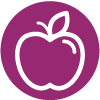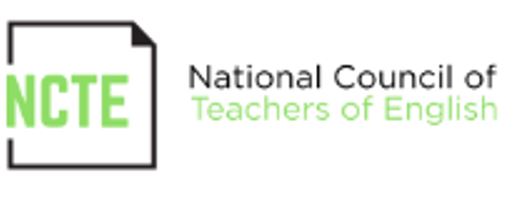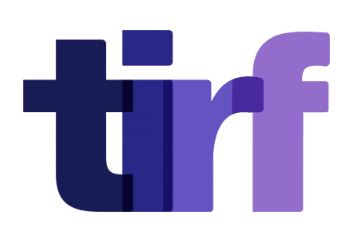Open access databases link to published research, research tools, and plain language research summaries that are publicly available. What are plain language summaries? These are abstracts of academic articles written in non-technical language. The growing number of journals that publish plain language summaries include Community College Journal of Research and Practice and Language Awareness.
Here are four examples of open access databases:
 Education Resources Information Center (ERIC) is a database of published research in education. Search by entering any text you wish or use filters to narrow your search. Filters include topics, age groups of learners, language of publication, country, and many others. We suggest first selecting “peer reviewed only” and “full text available on ERIC” (if you are not affiliated with a university library). Such a search on November 7 with keywords English learner AND elementary school, as shown in Figure 1, yielded 365 articles published since 2022 that are both peer-reviewed and publicly available on ERIC.
Education Resources Information Center (ERIC) is a database of published research in education. Search by entering any text you wish or use filters to narrow your search. Filters include topics, age groups of learners, language of publication, country, and many others. We suggest first selecting “peer reviewed only” and “full text available on ERIC” (if you are not affiliated with a university library). Such a search on November 7 with keywords English learner AND elementary school, as shown in Figure 1, yielded 365 articles published since 2022 that are both peer-reviewed and publicly available on ERIC.
ERIC indexes education research in journal articles, books, reports, working papers, conference proceedings, and dissertations. The site is sponsored by the U.S. Department of Education.
Iris: A Free Public Research Resource is a database of research tools for languages and language learning. Search by entering any text you wish or use filters to narrow your search. Filters include the type of material (such as assessment, coding, example interview guide, interactive task, role play), the language being used or learned, and participant type, among others. These research tools are used in studies of language development, of how languages are used and learned, and of the effectiveness of teaching interventions and strategies. For instance, entering the search term translanguaging produced five articles. Figure 2 provides an example of the types of materials (i.e., the research tools) available through one research article.
 Selecting your article produces a list of the research tools that were used, which you can then download. Usually, a published article will describe the research tools or provide examples in an appendix, without making them available in full. Iris is funded by the British Academy, U.K.
Selecting your article produces a list of the research tools that were used, which you can then download. Usually, a published article will describe the research tools or provide examples in an appendix, without making them available in full. Iris is funded by the British Academy, U.K.
Oasis: Open Access Research Summaries in Language Studies. Oasis is a database of plain language summaries of language research, provided in English. Search by entering any text you wish or by area of research and other options. Although the database is free, Oasis will ask you for a bit of demographic information when you begin. Your downloaded summary will include a four-part breakdown of what the research is about, what the researchers did, what they found, and things to consider. Here is an example. This example includes the DOI location of the article, which will not necessarily be free. Plain language summaries of 240 TESOL Quarterly articles published since 2019 are included in this database. Here is an example. The site is funded by the University of York, U.K.
OpenAIRE Explore. OpenAIRE is a database of open access, published research that also includes options for accessing research data and research software. Because it does not focus on language studies alone, as do Iris and Oasis, using this database takes a bit more work. Selecting filters for publications, articles, within the past five years, and education yielded more than 2,000 open access articles. Other filter options include country and language. This article about remote learning published in English and Portuguese is an example. The site is funded in part by the European Union.









